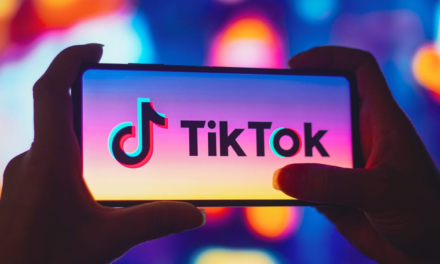Netflix, in collaboration with Giant Creative Media, recently released the mini-series ‘Shanty Town’, the latest among the mini-series produced by the streaming company. Many fans have questioned why the streamers prefer to invest in making limited series rather than traditional series with longer episodes.
The concept of mini-series was created in the 1970s as a way to break and change repetitive viewing habits in America. It was created to artificially construct a “big viewing event”, by showing episodes every evening over a week, or even two weeks rather than showing out in weekly time slots across half a year.
The rise of streaming platforms has normalised production of mini-series as they have become the ideal medium for fans who prefer binge-watching, which is gradually becoming a defining aspect of the current era. With other productions like ‘King of Boys: The Return of the King’, ‘Far From Home’, and ‘Blood Sisters’, Netflix looks poised to continue production of limited series for the following reasons.
Cost of production
Richard Iboyi, a Nollywood filmmaker, told BusinessDay that one of the reasons Netflix chooses to make mini-series comes down to cost of production. “One of the foremost reasons is that mini-series are less expensive to produce, compared to the normal nine to 13 episodes for a season, and in a case where you have to do five to nine seasons, you spend months or years trying to get the work done,” he said.
The concept of mini-series has been in existence since the 1970s and most entertainment companies in the US have been in the business of producing mini-series. HBO, FX, ABC and the like created the concept by showing episodes every evening over a week, or even two weeks rather than show out in weekly time slots across half a year as a way to break and change repetitive viewing habits in America.
Streaming platforms cater to a different type of audience who would rather binge-watch a full series than wait a whole week for another episode of their favourite show, and the Nigerian audience are no different.
Iboyi said audiences are growing impatient with having to wait for months to conclude a film and would rather sit and finish a series in one day or two.
More seasons
In the modern era of streaming services, the term, mini-series, really refers to the certainty that the series’ plot would be resolved in the final episode of the series. A “limited series” on Netflix functions as a mini-series and typically has four to 10 episodes, during which the show’s primary plot arc is fully concluded.
This doesn’t always mean an end for the show itself; however, there have been instances where the show has gone on even if the entire plot may have changed, with or without the same actors playing the lead roles.
A typical example is ‘Stranger Things’. The Netflix sci-fi series, which is one of the most successful TV shows on Netflix, started out as a mini-series having just eight episodes in its first season. Audiences could binge-watch the series in a day and would wait another year to get a second season.
A filmmaker who did not want to be identified said: “It could be a safe strategy too. That is, to leave room for subsequent seasons, so if the production is successful, they’ll renew for another season.”
Although it’s not a series, ‘Anikulapo’ by Kunle Afolayan is a good example because the company decided to commission a series sequel to the movie once it was successful on the platform.
Nollywood as a new market
The streaming giants launched their presence in Nigeria in 2020 as a new market. By partnering with local film companies, they have upgraded in terms of the technology involved in the making of films, which makes the cinematography of most Netflix Nollywood Originals stand out. However, experts say the talent needed for premium series is not enough, limiting the production of series to mini-series.
“We are still learning in premium content and that’s why you still have South Africans in there collaborating in the making of some of our content. ‘Blood & Water’ was co-written with a South African, Shanty Town had a South African crew while ‘Far From Home’ had a South African Director,” the filmmaker who spoke on condition of anonymity, said.
Iboyi said although the Nigerian film industry, popularly known as Nollywood, has just started producing content for streamers globally, it would eventually meet up with its foreign counterparts. “Nollywood is just getting into that space and with time, Nollywood will have all it takes including the finances to be able to shoot engaging long series like ‘The Rings of Power’, ‘House of the Dragon’ and the likes of that,” he said.





